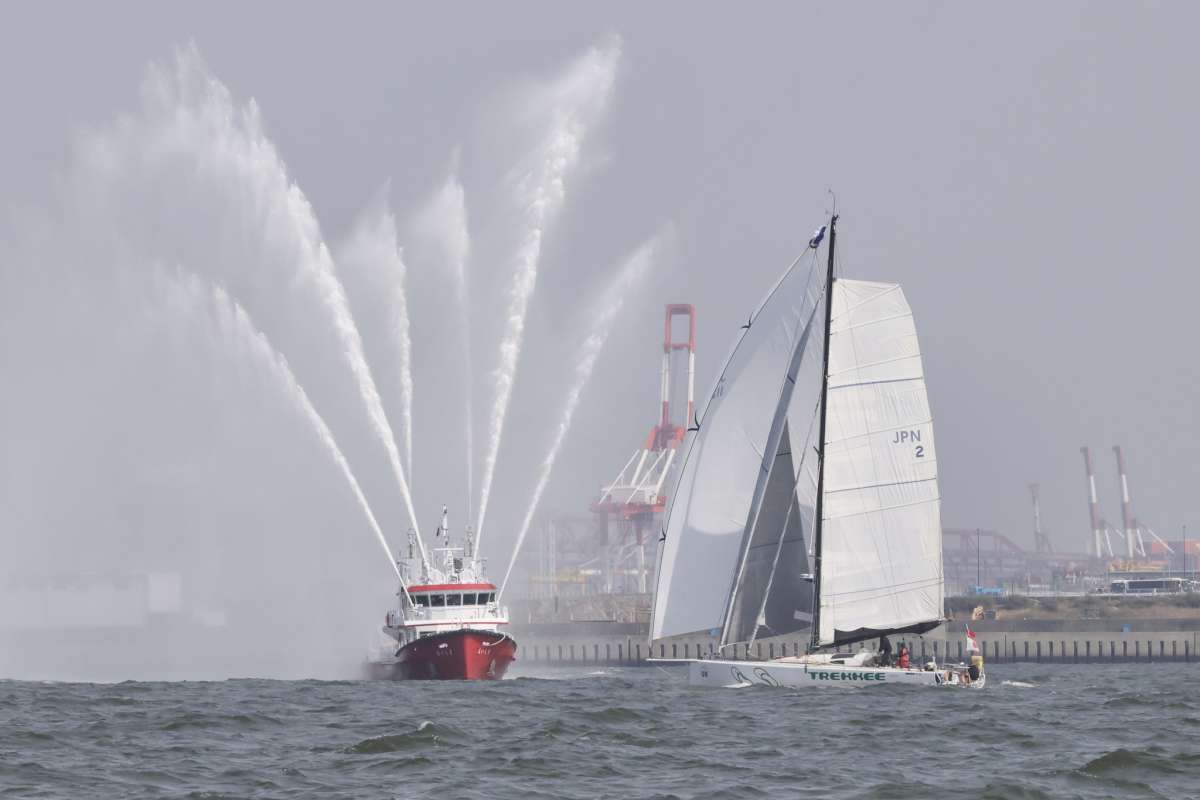One of the most common emergencies on a sailing yacht is engine failure so keeping the donk in good condition when cruising is important.
Cleanliness of the engine room is often a good indication of the general condition of things. The engine is the heart of any boat so must be kept in a regular maintenance regime. If I am buying a boat, one of the first items I want to see is the engine room. The condition of it will give me some idea of the state of the rest of the boat and its gear. Before we start on the maintenance, there are a number of things that can and should be done around the engine. Both the engine and the surrounding area should be very clean. The main reason for this is that you cannot know there are some problems with your engine if you cannot see them. So a clean engine and surrounds will allow you to paint the area white; yes, white, so that it will reflect light and it will show up any leaks. A good lighting system should also be installed so that you can see the slightest weep of fuel, oil or water before it becomes a real problem. So keep it clean and well-lit. If yours is not up to scratch then next time you are in a marina borrow a gurney and give the whole engine and room a good wash. If there is any paint missing from the engine then touch that up.
Diesel engines are very robust and will keep going for years providing they have sufficient clean fuel, air and cooling. Dirty fuel problems build up very slowly and need to be thought about even though you cannot see them. If you have recently bought a second-hand boat then you need to start with the fuel tank. Many a delivery is spoilt because of sludge in the tank. Drain the tank and get in from the top with a vacuum pump to suck out all the sludge in the bottom.
Clean air and plenty of it is another essential to keep the engine running sweetly. So many people neglect the cleanliness of this filter. You would be surprised how much dust is around the engine room. This includes particles that leak into the room from the saloon or rubber dust from wearing engine belts. Be careful when trying to reduce engine room noise in case you also restrict air inflow to the motor. Alternatively, the intake filter can be located outside the engine room to allow clean cool air to enter the manifold. Heat is another issue when sound proofing so you also need to make sure the engine can still cool efficiently. Blowers are often used to shift heat away from the engine. But ensure the blowers put the air into the box, not suck it out.
With a clean engine room, any new fluid leaks can be detected early before they become dangerous. There is nothing worse than having diesel fuel mixed in with the bilge water. Apart from the smell, fuel can affect the float switch and cause it to operate continuously. All boats should be fitted with an oil pressure gauge as well as a light, and both should be fitted to the dashboard in the cockpit, not the engine room. This gauge will be fitted alongside the engine water temp gauge. A good idea is to have a temperature alarm fitted as well, so you're aware if the raw water pump or the water pump belt fails. A water temperature gauge can give you some warning that you are having problems with your circulating water pump or the raw water pump. Any increase in temperature should be taken very seriously as severe engine damage can occur. Regular servicing of the freshwater reservoir, by checking the level and the colour of the water, is necessary. Also an additive should always be added to the fresh water to help keep the galleries clear. On your monthly inspections, don?t forget the alternator and the water pump drive belts. Spares for the raw water pump should be carried at all times, including a spare set of seals.
Finally, remember that diesels vibrate, so the condition and the tightness of the engine mounts should be on your check list. If one mount fails, the movement of the engine will cause another one to fail soon. Any weeping of seawater between the inlet skin fitting and the outlet into the hot exhaust should be attended to before they develop more seriously. Finally, watch out for discoloured smoke from the exhaust which can be a sign of dirty injectors or a timing problem in the injector pump.























